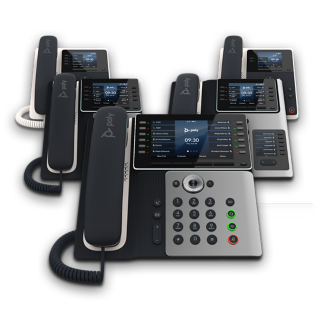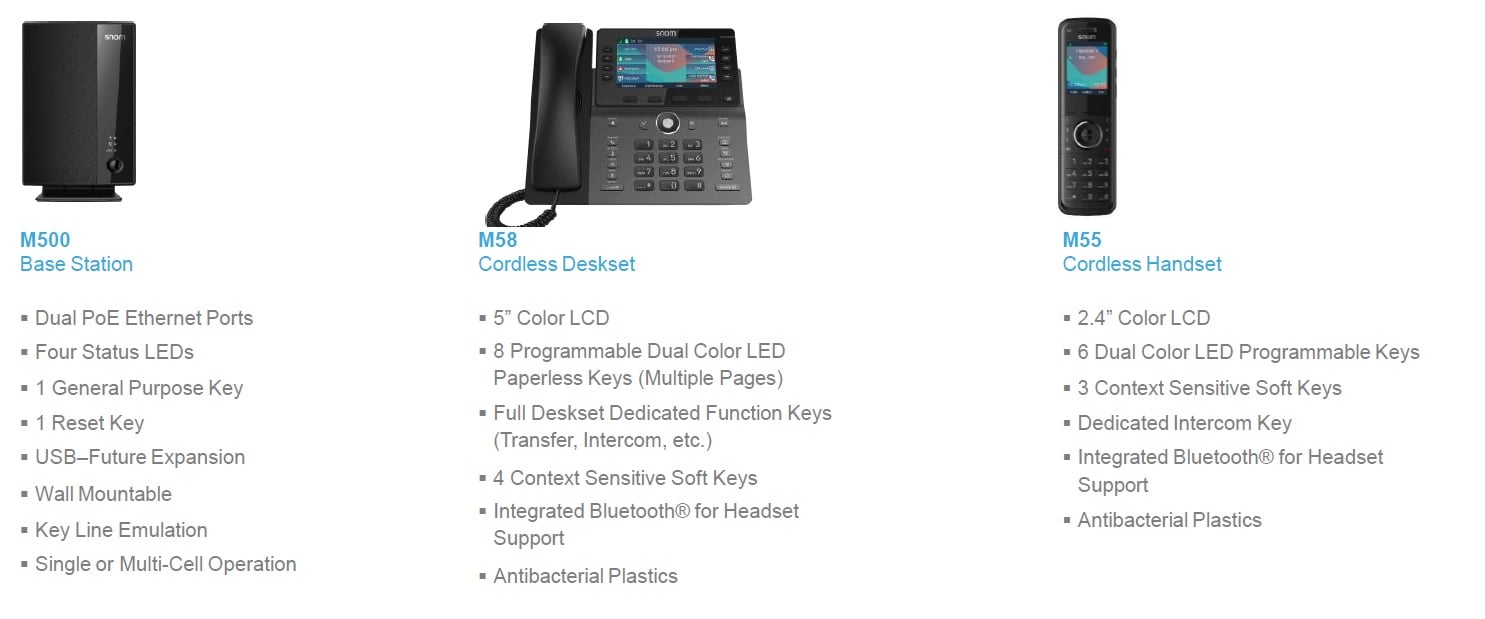
Look around you. How many people are using a mobile device such as a smartphone or tablet? It’s easy to see how fast these devices have been proliferating, and market research confirms it. Case in point, Transparency Market Research revealed that the global VoIP services market was valued at $70.9 billion in 2013 and is expected to reach $136.76 billion by 2020, representing a CAGR of 9.7 percent. The report suggests that a major driver behind current and future success in this market is the adoption of “smart” portable devices, including smartphones and tablets, in the residential and corporate sectors.
Other key drivers of VoIP services include:
- Cloud or Hosted VoIP, which saves companies from having to spend money, time and resources on building out infrastructure to maximize mobility and communication.
- Migration from fixed-line voice (IP-PBX) to IP-based wireless VoIP service to meet the demand for more communications tools on connected wireless devices.
- The emergence of free group video calling, or Web conferencing, to fit the needs of virtual teams and remote employees who need to communicate face to face, but who may not share a continent or a ZIP code, much less a conference room.
Many people work remotely and are mobile employees, meaning they depend on smartphones and tablets for communication and virtual meetings. As these types of activities grow in frequency and importance in business, they contribute to the VoIP global winning streak that shows no sign of slowing down anytime soon.
These key drivers of the burgeoning VoIP market offer many corporate benefits, including the following:
Cost reduction. VoIP services enable businesses to provide mobility tools and enhance communication without spending money on extra phone lines, hardware or infrastructure. The VoIP system can scale as the business needs change and grow, ensuring that everyone stays connected and able to access the system via their mobile devices.
Improved collaboration. VoIP services enable colleagues and teams to collaborate at a higher level on their mobile devices, participating in meetings and real-time communications from locations scattered across the globe. Wireless VoIP services enable any tablet or smartphone to connect wirelessly to the workplace communication network, without having to be hard-wired into the phone system.
Increased mobility. People don’t necessarily work from a single location anymore, or even work in the “home” office. They might be on the road making sales calls, at a conference or event halfway across the globe, working from a satellite office, or even working at home on a flex-time arrangement. Even with more mobile options for getting work done, real-time, face-to-face communication and access to information are key to working productively. VoIP services enable people to forward calls that come into the office phone system right to their mobile device, so they never again miss an important piece of communication and can work seamlessly from anywhere.























